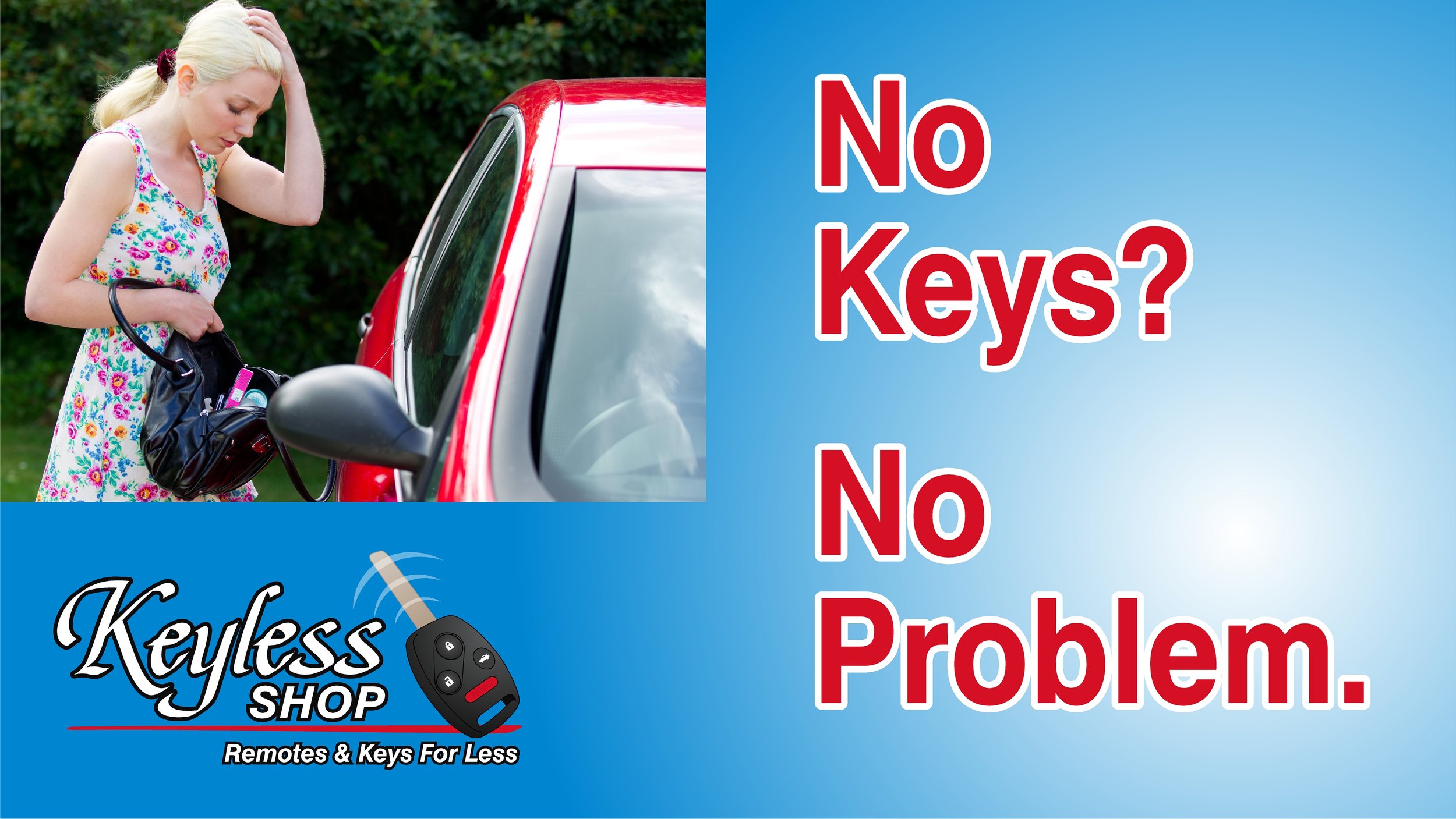Imagine stepping out of your home, eager to start your day, only to discover that you’ve locked your keys inside your car. Panic might creep in, leaving you stranded and wondering what to do. Fear not, for help is at hand—but at what cost? This article delves into the murky waters of police charges for unlocking cars, exploring the factors that influence the fees, examining the procedures involved, and unraveling the myths surrounding this often-mysterious service.

Image: peacecommission.kdsg.gov.ng
The first step towards understanding these charges lies in recognizing that they vary considerably across jurisdictions. Different police departments set their own policies, leading to a wide range of fees. On average, expect to pay anywhere between $25 to $150 for the service. However, if your car requires more specialized unlocking methods, such as dismantling a window, the charges may climb higher.
Several factors dance upon the stage, influencing the final sum you’ll be asked to pay. One key consideration is the time of day. Locking yourself out in the dead of night or during a weekend might incur a surcharge, as officers are entitled to overtime pay. Another factor to ponder is the location of your vehicle. If your car is tucked away in a remote area or poses a potential hazard to traffic, the police may levy an additional fee to cover the extra effort.
Before calling upon the constabulary to unlock your car, it’s worth noting that they may not always be the most economical option. Professional locksmiths often offer their services at a lower price point, but they may not be available around the clock. Moreover, some insurance policies include coverage for locksmith services, which could save you a pretty penny.
Now, let’s shed light on the process of engaging the police for this automotive dilemma. While procedures might vary slightly from state to state, the general sequence remains fairly consistent. Firstly, dial the non-emergency number for the local police department and clearly state your predicament. Be prepared to provide details such as your location, the make and model of your car, and a description of how you got locked out.
Once you’ve made contact with the authorities, an officer will typically be dispatched to your location. However, response times can vary, especially during peak hours or if the police are handling higher-priority calls. Upon arrival, the officer will verify your identity and ensure that the car is indeed yours to protect against fraudulent requests.
Myth shrouds the notion that tampering with your car’s lock will result in criminal charges. While it’s true that breaking into a vehicle without authorization is illegal, most police departments will simply unlock your car without pressing charges, especially if you can prove ownership. Of course, if the officer suspects any foul play or criminal intent, they may pursue legal action.
Before we close the bonnet on this automotive adventure, let’s recap the key takeaways. Police charges for unlocking cars vary significantly across jurisdictions, with factors such as time of day, location, and special unlocking methods shaping the final bill. While the police remain a reliable option, locksmiths may offer a more cost-effective alternative. The process typically involves calling the non-emergency police number, providing details of your situation, and waiting for an officer to arrive. Remember, breaking into your own car is generally not a criminal offense, but the police may take action if they suspect any suspicious activity.

Image: www.keylessshop.com
How Much Do Police Charge To Unlock Car